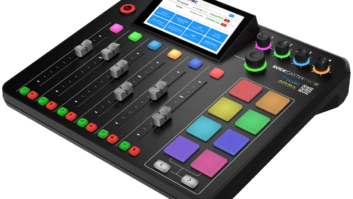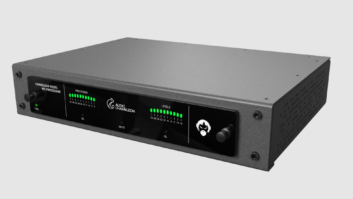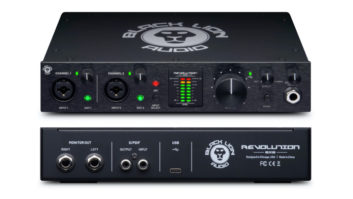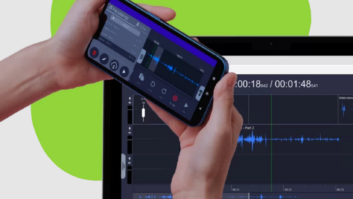Maryfrances Evans is the executive director of the Iowa Radio Reading Information Service for the Blind (IRIS) in Des Moines, Iowa, and vice president of the International Association of Audio Information Services.IAAIS commentaries are featured regularly atradioworld.com.

I’m frantically cleaning up the booth because a candidate for the United States Senate is coming in to my audio information service today. All candidates from Water Commissioner to the White House are invited to read live on the air and/or record a 15-minute interview. The smart ones always show up.
They know that the number of eligible disabled voters is rising faster than the number of eligible voters overall. The disability voting bloc has been labeled “a sleeping giant” that could sway election outcomes across America. But it is still sleeping.
Since 2008, the number of eligible voters with disabilities (35.4 million) is up 10.8% compared to an 8.5% increase in voters without disabilities. By Election Day 2016, the 62.7 million eligible voters who have a disability or live with someone who does will make up more than a quarter of the total U.S. electorate.
Though issues important to disabled voters are no different than those of their nondisabled peers, they are 12% less likely to actually vote. In 2012, the most reported difficulties included reading or seeing the ballot, transportation to polling sites, and understanding how to use the voting equipment. In addition, voter ID laws have a direct impact on disabled voters who do not have a driver’s license.
Federal and state laws mandate measures to ensure accessibility, but a lingering lack of awareness about when, where, and how to vote continues to keep disabled voters from the polls. That’s where audio information services come in.
Audio information services enjoy unique and often personal connections to the communities we serve. We have the air time and flexibility to produce programs with local voter information details as well as interviews with the candidates themselves. Here in Iowa, our volunteer readers have even offered to provide transportation to the polls for listeners with transportation needs.
During election season, our mission to provide equal access to information extends to include equal access to participation in the voting booth as well. We invite candidates in to speak directly to our disabled listeners. Our listeners let us know how much they appreciate those simple interviews. So I’d better get ready because the smart candidates are lining up for their turn at the microphone – they know the “sleeping giant” is beginning to stir.












